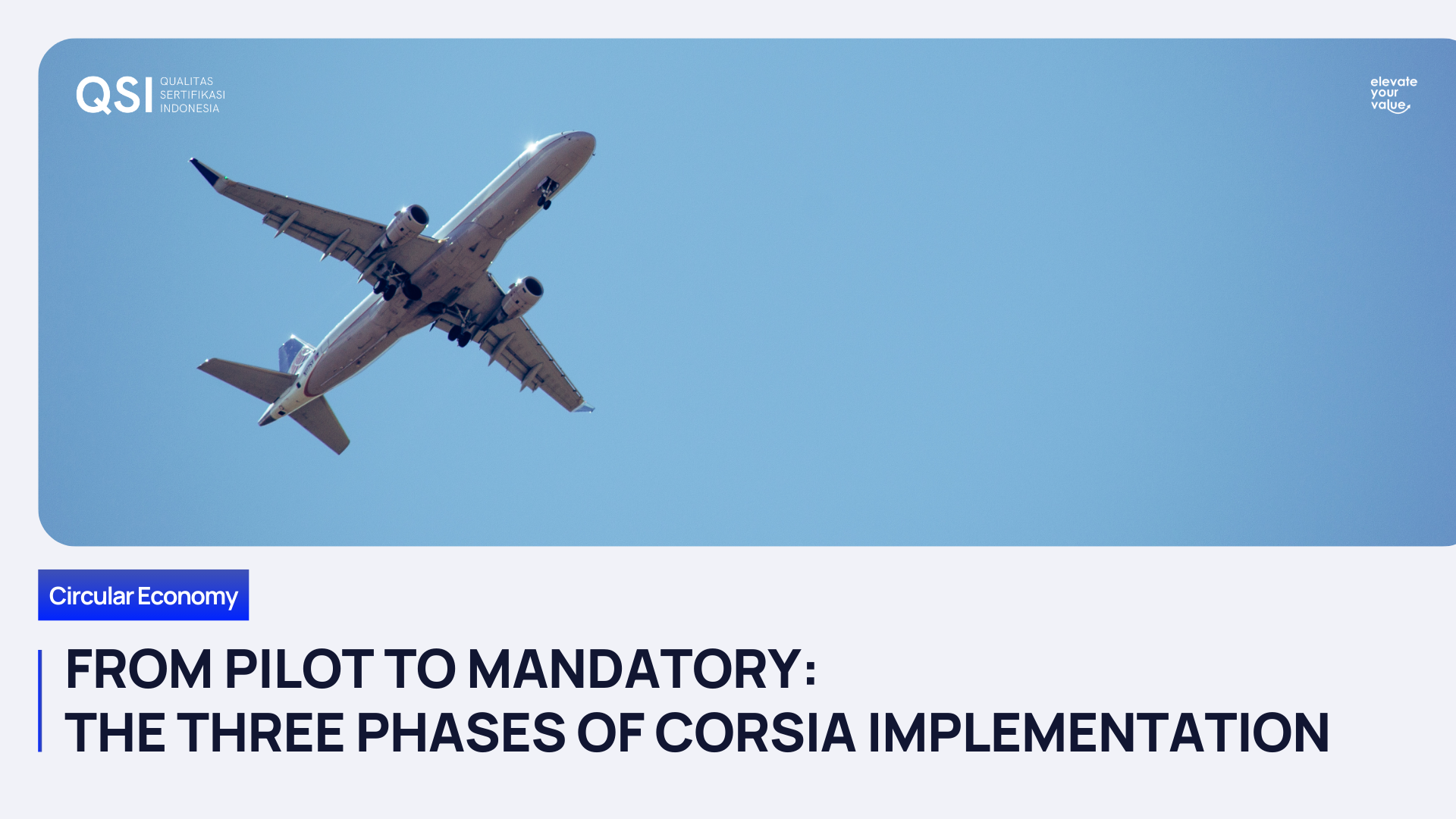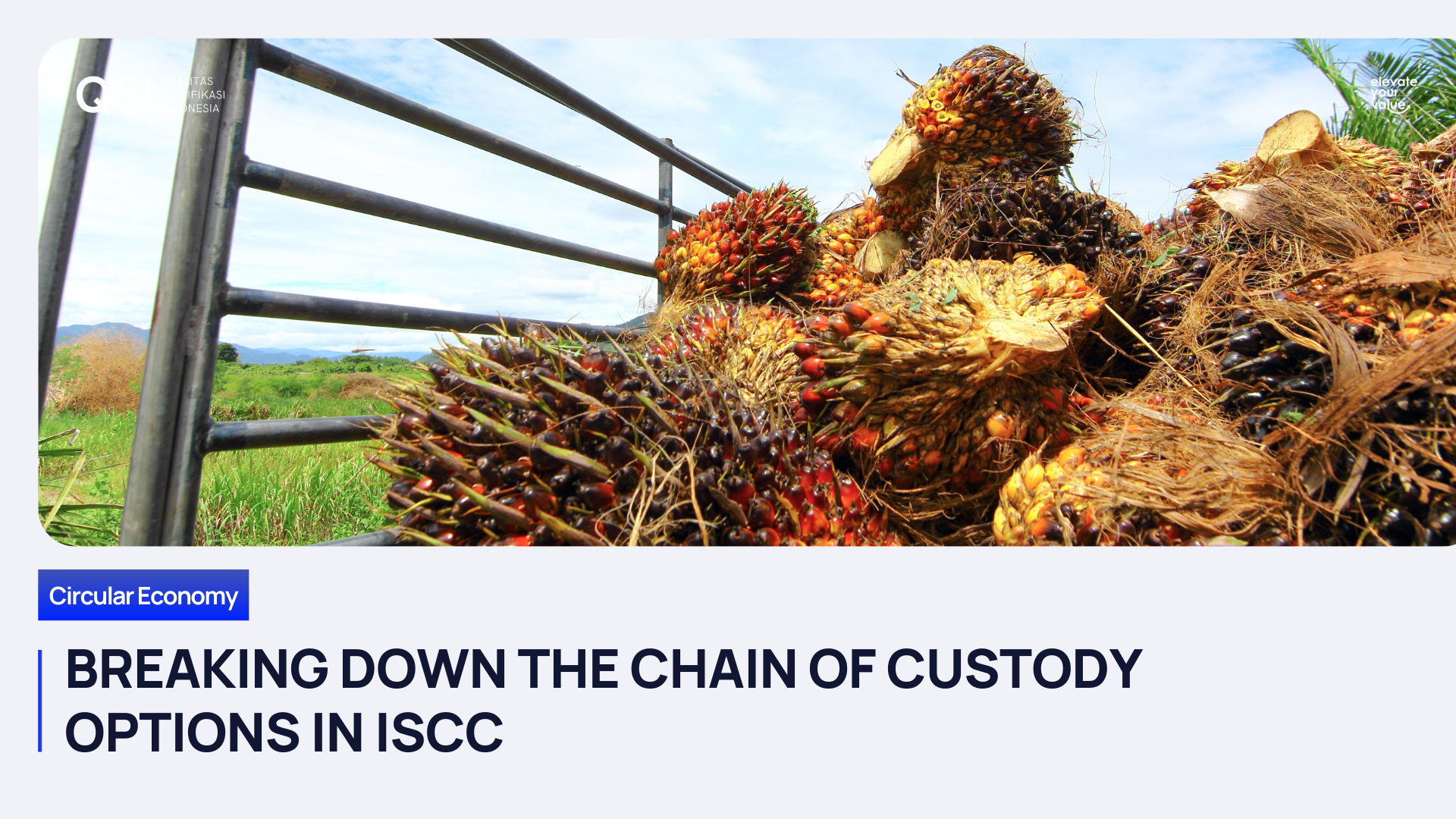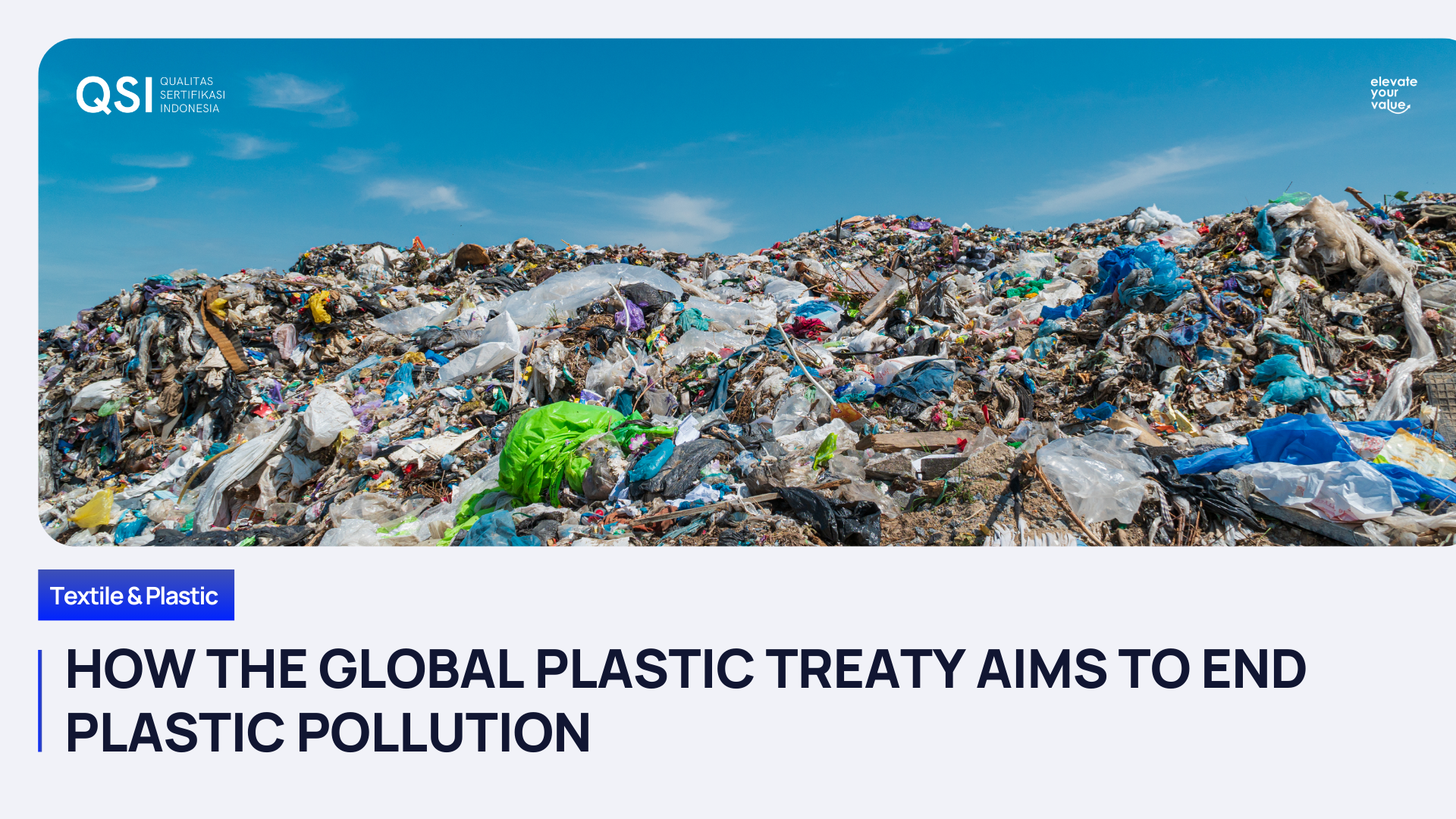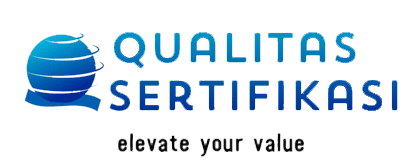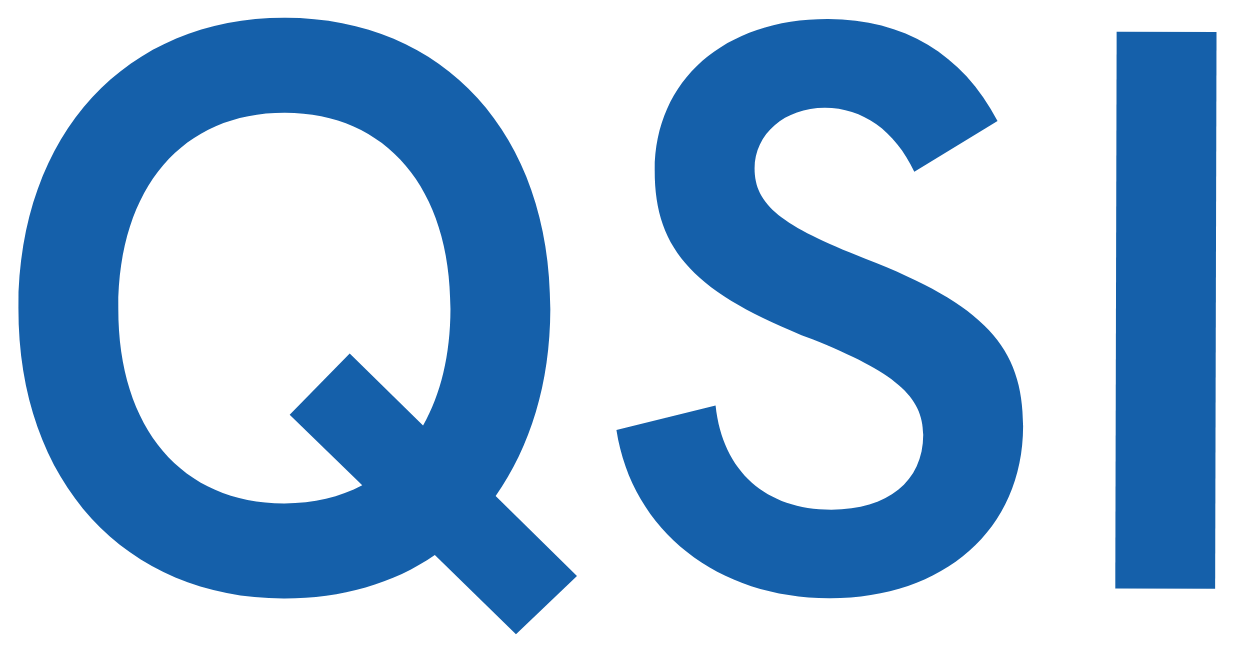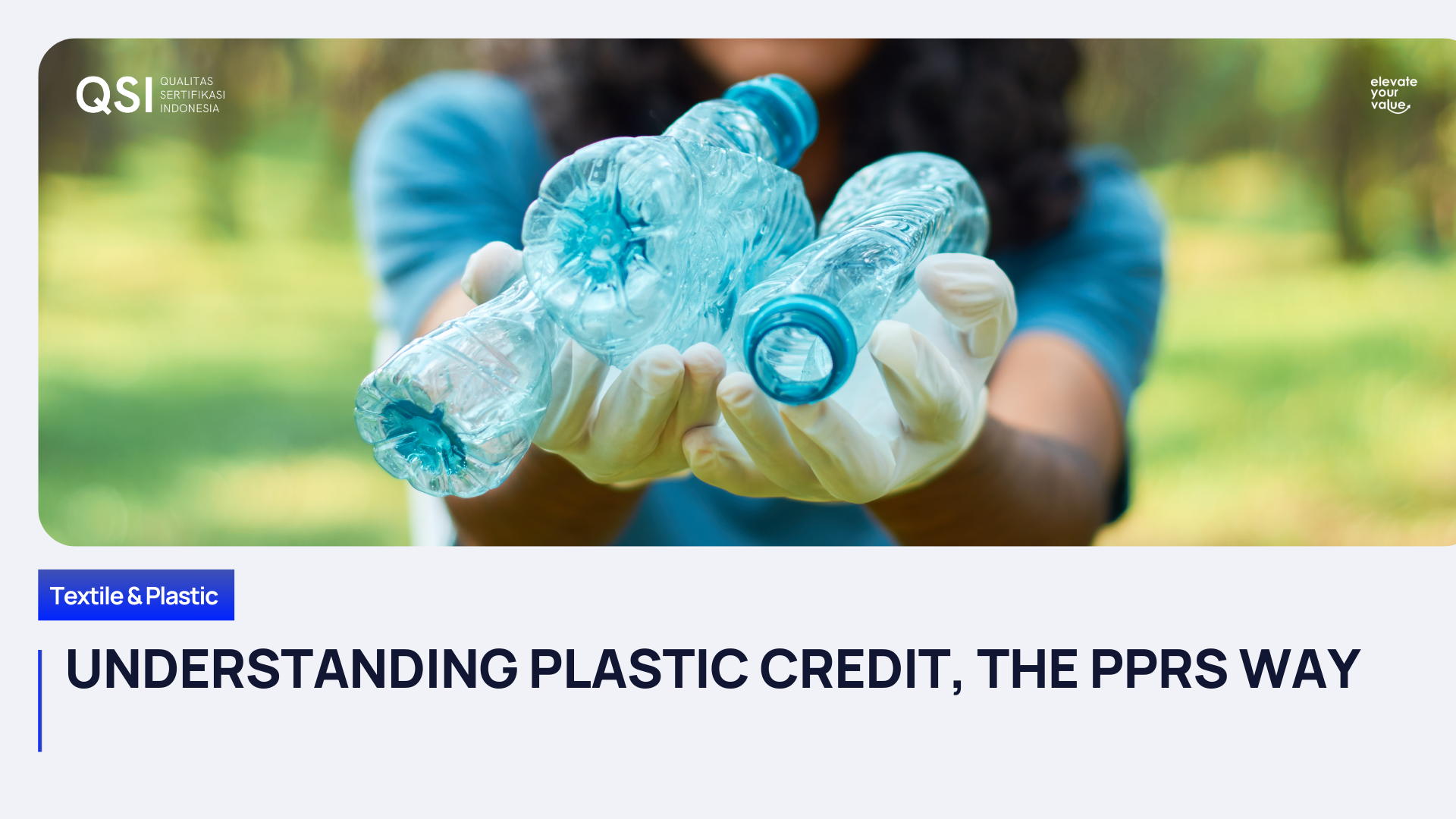Unlocking the Potential of Indonesian Palm Kernel Shell Exports with ISCC Japan FIT
Breaking News alert! Did you know that global exports of Indonesian palm kernel shells reached a whopping $4.45 trillion in 2021? From 2019 to 2021, exports in this commodity have been steadily on the rise, starting at $2.61 trillion in 2019, climbing to $4 trillion in 2020, and hitting $4.45 trillion the following year, with palm kernel shell exports reaching 3.19 million tons.
Seeing this opportunity, the Ministry of Industry (Kemenperin) didn't stand still. In September 2022, they organized a business forum in collaboration with the Industrial Attaché of the Indonesian Embassy in Tokyo. This forum brought together stakeholders in the palm kernel shell industry from the Indonesian Palm Kernel Shell Entrepreneurs Association (APCASI) and the Japan Biomass Power Association (BPA).
From the gathered information, it turns out that palm kernel shells are a potential biomass that can be processed into downstream products. In Indonesia alone, the potential production of palm kernel shells reaches 11 million tons annually, but approximately 3.5 million tons are still exported in a semi-processed form. What a waste, right?
For those Qualizer who are interested in offering their products internationally, especially in Japan, considering ISCC Japan FIT certification is a must. This certification is already an international standard used to assess the sustainability and carbon footprint of bioenergy products, including palm kernel shell waste.
The Potential of Palm Kernel Shell Exports for Indonesia
Abundance of Raw Materials
The raw materials for palm kernel shells in Indonesia can be considered abundant. Therefore, the international market demand can easily be met, potentially making Indonesia a major supplier.
Renewable Energy Demand
On the demand side, the desire to reduce dependence on fossil fuels and replace them with renewable energy sources continues to grow. Palm kernel shell waste becomes an attractive option for clean energy while mitigating climate change.
Government Support
Lastly, as discussed earlier, the Indonesian government shows serious interest and support for palm kernel shell exports. This support can help Qualizer and other palm kernel entrepreneurs to export more effectively and smoothly.
Benefits of ISCC in Expanding Export Opportunities
Access to the Japanese Market
As previously mentioned, we've discussed what ISCC Japan FIT is and why this certification is important for palm kernel companies. (See Article 43 for details.) With this certification, the doors to the Japanese bioenergy market swing wide open for Indonesia.
Enhancing Industry Image
The image of companies, including the Indonesian palm kernel industry, can be significantly improved with ISCC Japan FIT. In the midst of growing environmental awareness, this certification affirms that Qualizer cares about sustainability.
Environmental Sustainability
Just a heads up, ISCC Japan FIT sets strict requirements for sustainable practices, such as eco-friendly farming and monitoring greenhouse gas emissions. If you can meet these standards, it means that Qualizer-owned companies can prove their commitment to enhancing the sustainability of the palm industry while protecting the environment.
For your information, Qualizer, the Chairman of the Indonesian Palm Kernel Shell Entrepreneurs Association (APCASI), Dikki Akhmar, mentioned in 2022 that the demand for palm kernel shell products as an alternative fuel is highly sought after by many industrial sectors in various countries. Throughout 2021, the price of palm kernel shells ranged from $95/ton to $105/ton free on board (FOB), and entering 2022, it's estimated to reach $118/ton. Looks like the value keeps on rising year after year.
So, what do you think? Interested in diving deeper into ISCC Japan FIT and making the most of its certification? Don't hesitate to reach out to PT Qualitas Sertifikasi Indonesia. We're ready to share information with all you Qualizer!
Recent posts
Drop us a line
Contact Us
Share
